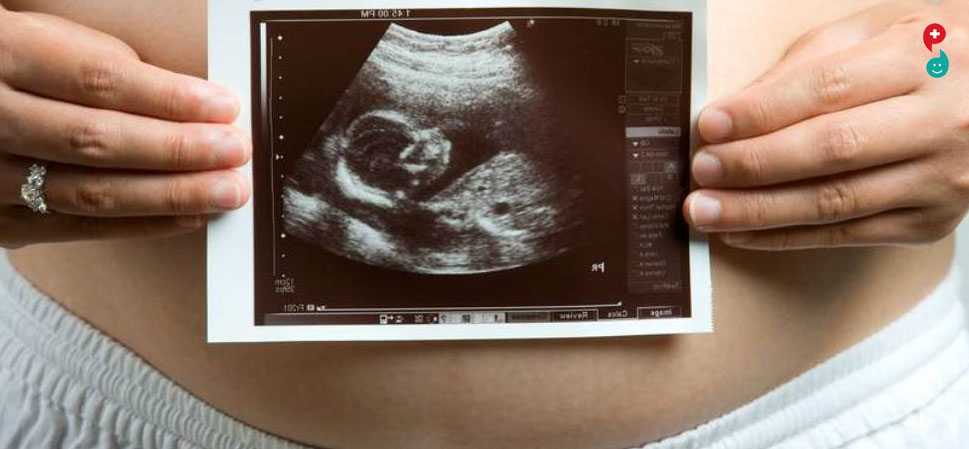
Percutaneous umbilical blood sampling (PUBS)
Percutaneous umbilical blood sampling (PUBS) is a diagnostic procedure that examines the blood of the fetus for abnormalities. The test also goes by the names cordocentesis, fetal blood sampling, umbilical vein sampling, and percutaneous umbilical vein sampling (PUVS).Doctors must be specially trained to perform the highly complex procedure, so it may not be available at all pregnancy centers.
When is the test done?
This procedure is usually performed when diagnostic information can't be gathered via other tests -- amniocentesis, chorionic villus sampling (CVS), or ultrasound -- or the results of these tests were inconclusive. It may also be used late in pregnancy if the mother has been exposed to a disease that could harm the baby or when an ultrasound has found a fetal abnormality.PUBS can be done as early as your 18th week of pregnancy; before then the umbilical vein is too fragile for the procedure. But it's more commonly used later in pregnancy.The main advantage of this test is that it's quick. Your doctor may recommend it over amnio or CVS if she wants to check your baby for a chromosomal defect or blood disorder and needs to know the results fast. It may take a few weeks to get the results of amniocentesis, whereas PUBS can provide an answer in a few days. For someone at 20 weeks who is contemplating ending the pregnancy based on a finding of abnormalities, the test may be worth it.
What's the procedure like?
You'll lie on an examination table while a practitioner cleanses your abdomen with antiseptic and then conducts an advanced ultrasound to determine the exact spot where the umbilical cord emerges from the placenta. Then, under continual guidance from ultrasound, the healthcare provider inserts a thin needle through your abdomen and the walls of your uterus into the umbilical cord to retrieve a small sample of fetal blood. The test is similar to amniocentesis except that the goal in this case is to collect blood from your developing baby, instead of the amniotic fluid that surrounds him.The sample is sent to a laboratory for analysis. Results are usually available within 48 to 72 hours.
Your doctor will advise you regarding how long you should rest after the procedure and whether there are any physical restrictions following the test. She will also assess your baby's heart rate through electronic monitoring immediately following the test to check on your baby's well-being.
What can the test uncover?
PUBS can detect chromosomal abnormalities such as Down syndrome, blood disorders such as sickle cell anemia, hemophilia, and Rh disease, as well as fetal infections such as rubella and toxoplasmosis. The test does not, however, determine the severity of these conditions.
In addition, it's the only test that can confirm fetal anemia. This diagnosis can be made immediately. If necessary, fetal transfusions can begin while the needle for the procedure is still in place.
Unlike amniocentesis, this test cannot detect neural tube defects such as spina bifida.
Are there any risks with this procedure?
As with amniocentesis, fetal blood sampling is considered a relatively safe procedure. At the same time, it is an invasive diagnostic test that poses risks. Miscarriage is the main concern: One or two out of every 100 fetal blood sampling procedures results in a miscarriage, which is higher than the risk of miscarriage associated with amniocentesis or chorionic villus sampling.Other potential side effects include blood loss from the puncture site, infection, a drop in fetal heart rate, or premature rupture of the amniotic sac surrounding the baby. If you experience fever, chills, or leaking amniotic fluid, contact your health practitioner right away.
Should I have this test?
-This is not a routine test, and doctors generally offer it only when they believe there is a good reason to perform it. But whether or not to test is a personal decision that you will make after gathering information about risks, benefits, and other considerations from your healthcare providers, genetic counselors, and/or spiritual advisors.
-Confirming a suspected diagnosis may offer you and your partner an opportunity to pursue medical interventions that may help your unborn child -- even before he is born. The results may also help you begin planning for a child with special needs, including finding support groups and resources. The outcome can also help you make a decision about whether or not to carry the fetus to term.
-Some expectant parents may decide not to have this procedure for personal or religious reasons. They may decline because of the potential harm it can pose to their developing baby, because they prefer to use amniocentesis, or because the outcome of the test would not change their decision about whether or not they would have the child. Remember: The choice is yours to make.







